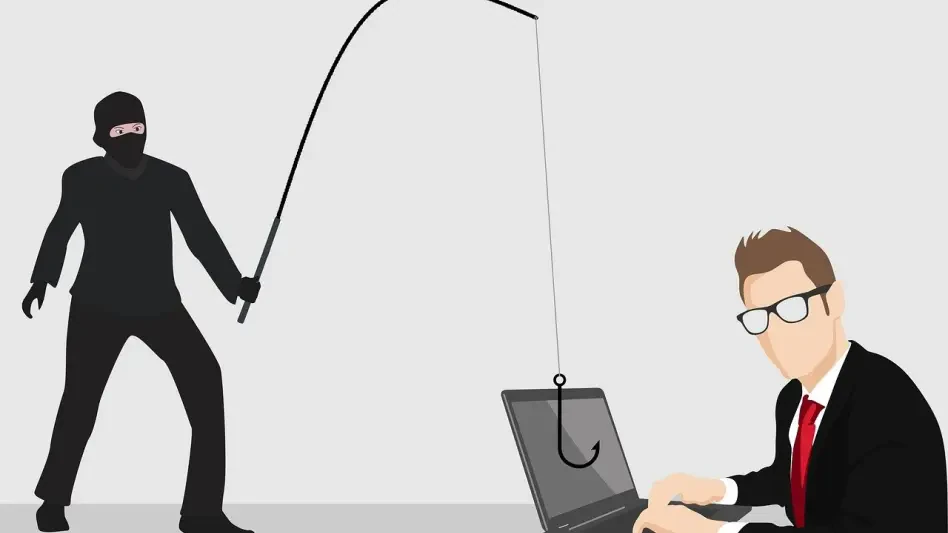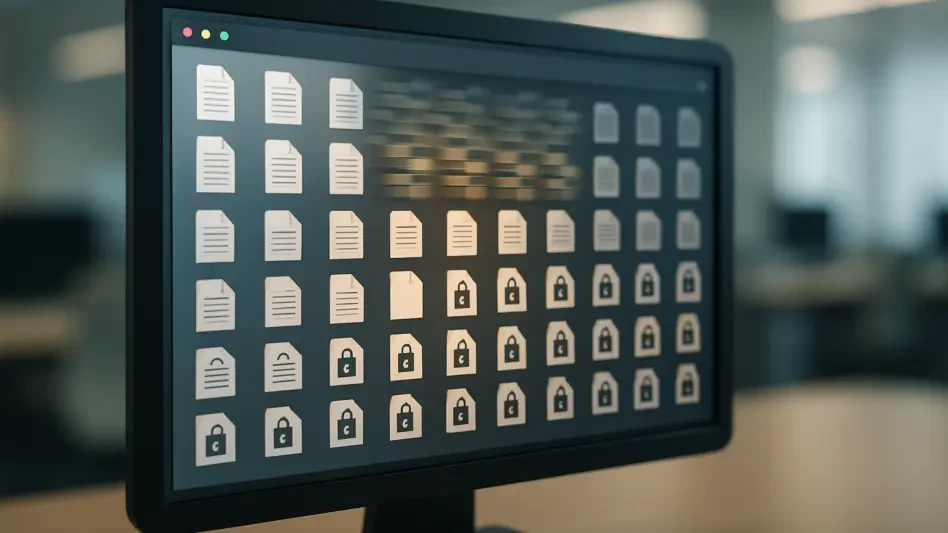A new wave of cyber threats has surfaced, leveraging compromised Indiana government sender accounts to launch a phishing campaign targeting recipients across the nation. This fraudulent scheme, which cleverly mimics legitimate communications from the Indiana government, aims to deceive individuals into revealing sensitive information. Posing as valid state email addresses, the phishing emails inform recipients of nonexistent unpaid toll charges and direct them to seemingly authentic websites that mimic TxTag payment portals. These counterfeit sites are meticulously crafted to harvest sensitive personal data such as credit card information and one-time passcodes, posing a significant risk to unsuspecting users.
Unveiling the Technical Intricacies
Advanced Techniques in Data Exfiltration
The technical analysis of this phishing campaign unveils a sophisticated methodology for data gathering, involving intricate mechanisms such as POST requests and continuous WebSocket connections. This advanced approach allows attackers to monitor sessions in real time, potentially circumventing deployed security measures. Such techniques highlight the attackers’ ability to adapt and innovate, leveraging cutting-edge technology to achieve their malicious objectives. Originating from a security breach involving a former government contractor, investigations reveal that a failure in account deactivation provided malicious actors with the opportunity to exploit Indiana’s email system, demonstrating the critical importance of stringent access controls.
Breach of Government Infrastructure
The compromise of Indiana’s governmental email infrastructure underscores a significant lapse in security protocols, accentuating vulnerabilities within state communication systems. The breach was facilitated by exploiting an account linked to a former contractor, which had not been properly deactivated. This oversight allowed cybercriminals to gain entry and launch their phishing scheme, further casting light on the necessity for robust vendor management practices. The incident serves as a stark reminder of the imperative need for government entities to enact stringent cybersecurity measures to protect sensitive information from unauthorized access and exploitation.
State Response and Public Guidance
Official Warnings and Alerts
Recognizing the gravity of the situation, Indiana officials, including Secretary of State Diego Morales, have issued urgent warnings to the public concerning the risks associated with such scams. The communication stresses the importance of exercising caution with unsolicited emails, especially those requesting personal data. These warnings are not only critical but serve as a vital step in safeguarding the public against potential identity theft and financial loss. Similar advisory messages have been disseminated by other state agencies, including Illinois, highlighting that legitimate toll notifications are never sent via email or text message, reinforcing the necessity to be vigilant.
Preventive Measures and Public Awareness
To protect against these phishing attempts, security experts emphasize the importance of recipients avoiding suspicious links, promptly reporting dubious messages to authorities, and verifying toll charges through official channels or customer service numbers. This incident exemplifies the broader need for heightened public awareness and education regarding cybersecurity threats. In a digital landscape where cyber threats are continually evolving, public informedness about common phishing tactics serves as a crucial defense mechanism, underscoring the importance of cybersecurity awareness as a cornerstone in protecting personal information.
Implications and Future Considerations
Reflection on Government Communication
The breach involving GovDelivery—a service utilized by many government entities worldwide—reflects the vulnerabilities inherent in state communication networks, stressing the necessity for heightened security protocols. With GovDelivery serving a vast subscriber base globally, the implications of this incident extend beyond Indiana, illustrating the importance of secure communication channels. This phishing campaign serves as a cautionary tale for government entities worldwide, urging them to reassess and strengthen their cybersecurity frameworks to safeguard against similar offenses in the future.
The Role of Vigilant Cybersecurity Practices
A new wave of cyber threats has emerged, using compromised email accounts from the Indiana government to launch a phishing campaign aimed at recipients nationwide. This deceptive operation, cleverly designed to mimic official communications from Indiana’s government, seeks to trick individuals into revealing sensitive data. These phishing emails pose as legitimate state email addresses and falsely notify recipients of nonexistent unpaid toll charges, directing them to websites that resemble TxTag payment portals. These fraudulent sites are crafted with precision to gather sensitive personal information, including credit card details and one-time passcodes, representing a grave risk to unaware users. Such scams underscore the importance of vigilance and awareness regarding online security. Experts advise individuals to scrutinize unexpected emails carefully and verify information directly through official channels to mitigate the risks associated with these sophisticated threats.








